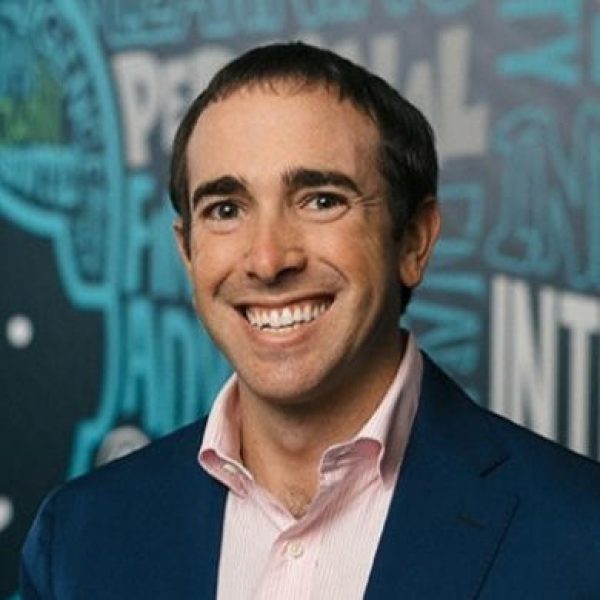In this episode of Bridging the Gap, Matt Reiner sits down with Rick Burgess to explore the in’s and out’s of data models and workflows within the financial industry. Rick, who has been a partner with a company for nearly a decade, underscores the significance of a centralized data model and the challenges smaller firms face in accessing tools that larger companies utilize. He emphasizes the importance of a data warehouse approach and discusses the deceptive appearance of integration where multiple tech stacks are used without true integration. The conversation dives into streamlining account opening processes and the challenges related to data ownership and integration, stressing the need for firms to evolve their tech stacks as they expand.
Rick highlights the importance of knowing and effectively managing client data, not just for regulatory purposes, but for deepening client relationships and improving service retention. He brings attention to the pitfalls of fragmented data and the necessity for transparency and data-driven negotiations with vendors. Both Matt and Rick agree that a cohesive technology solution, particularly in wealth management, is crucial. They stress the value of partnering with firms that have invested in technology development and accumulated valuable learnings over time, which can provide robust and scalable solutions as the business grows. One key takeaway is the need for a centralized data model to ensure all client data is accessible and integrated across various platforms, enhancing scalability and efficiency.
Towards the end of the episode, Rick recounts how he and a partner created a platform to simplify paperwork and workflows for financial advisors, leading to significant success. He emphasizes the behind-the-scenes challenges in business operations, especially regarding staff turnover and its impact on back-office functions. He encourages listeners to engage experts, involve others in decision-making, and to remain discerning while doing so. This highlights the importance of continuously evolving the tech stack to align with the changing needs and growth of the firm, and seeking out partnerships with technology experts who have a proven track record, thereby ensuring the firm benefits from their accumulated knowledge and avoids unnecessary pitfalls.
Timestamps From This Episode
[17:36] Rick opens up about the evolution of writing and data management technology, discussing the transition from clay tablets to paper, and the development of online platforms and databases for efficient data handling and reuse.
[20:48] They get into the challenges within industry integration and data ownership. How can this be improved and what steps need to be taken to help firms grow.
[24:59] Data ownership is a challenge in our space, as everyone wants to own the data, leading to a lack of transparency and fragmentation. This creates difficulties in achieving a seamless experience, as different data is stored in various platforms, making it hard to establish a single source of truth.
[28:52] Rick and Matt dive into the process of creating a cohesive tech stack to watch your firm success grow.
[30:05] Firms must adapt to evolving needs. Regulatory concerns grow as firms expand. We need to figure out how to adapt and grow to help the industry continue to evolve.
[33:12] In the early days, firms used separate computers for different tasks, such as searching and data entry. Nowadays, many firms still lack full integration, utilizing multiple stacks for various activities. This perceived seamless operation can be an attractive facade, drawing talent and business, even though the underlying infrastructure can be complex and disjointed.
Bridging the Gap is a financial podcast hosted by CEO Matt Reiner focused on bringing together leaders from the finance and the technology industries to focus on innovating the financial services industry.



